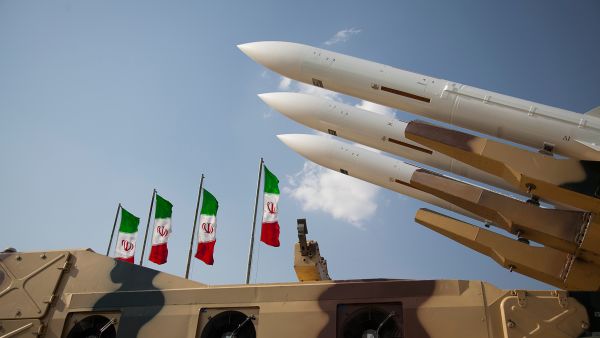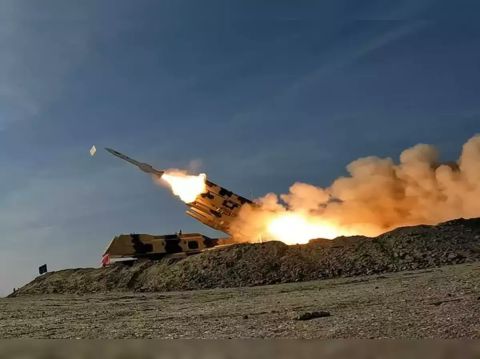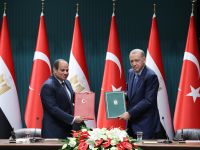ALBAWABA - Israel altered its stance on an attack on Iran on Tuesday amid reports about Tehran's nuclear bomb preparedness. The move comes as the U.S. pressures the two countries to avoid war.
For days, Israeli Prime Minister Benjamin Netanyahu's administration has warned of a harsh retaliation to Iran's missile strike on Israeli military positions a week earlier.
Israel's threats of reprisal have garnered U.S. backing, which has increased its military presence in the area to preserve its rights. France, the UK, and other Western allies supported Israel's operation.
In the previous 24 hours, Israel seemed to reduce its threats and aims.
A top Israeli official told Axios that Israel would retaliate to Iran's strike but will not go to war. While the U.S. supports Israel's retaliation, it favors a planned reaction.
U.S. Defense Secretary Lloyd Austin said his Israeli counterpart told him on Sunday that Tel Aviv had not decided on the timing or magnitude of its retaliation against Tehran.
Israel's tone shift coincides with U.S. intelligence disclosures claiming Iran can quickly manufacture a nuclear weapon.
CIA Director William Burns told NBC, “The risks are escalating, and Iran is closer to producing a nuclear weapon than ever before.”
Burns noted that tensions in the area are rising despite Israel and Iran's reluctance to fight.
The New York Times said that Israeli leaders may target military outposts, intelligence hubs, and command centers in their Iran retaliation. They admitted that Israel's direct influence on Iran's nuclear development is minimal.
The Iranian Foreign Minister underlined Tehran's opposition to escalation but said the nation is ready for war. Iranian authorities warned Israel, “Our missiles are capable of reaching all their intended targets.”
Iran would react for any assault on its infrastructure, the Foreign Ministry said, underlining its support for Palestinian and Lebanese resistance against Israeli oppression.










